David Chan

Dr. David Chan is Professor of Psychology and Director of the Behavioural Sciences Institute at the Singapore Management University. His research includes areas in longitudinal modeling, personnel selection, adaptation to changes and subjective well-being. His works, published in top psychology, management, and methods journals, have been cited over 12,000 times in various disciplines. In 2000, he was ranked 9th world-wide in the Top 100 researchers in the top journals of Industrial and Organizational Psychology. In 2020, a Stanford University study of researcher impact named him in the top one percent worldwide among all scientists across all disciplines. He is Elected Fellow of American Psychological Association, Association for Psychological Science, International Association of Applied Psychology, Society for Industrial and Organizational Psychology, Society for Personality and Social Psychology and American Psychological Association’s Division for Personality and Social Psychology. He has received numerous international scholarly awards including the Scientist-Practitioner Presidential Recognition Award and the Distinguished Early Career Contributions Award. In Singapore, he serves on numerous national councils, taskforces, scientific advisory panels and boards of directors, and he has received several national awards for his contributions. He writes by-invitation op-eds in The Straits Times and he is consultant to Channel NewsAsia on several documentary series.
Munmun De Choudhury
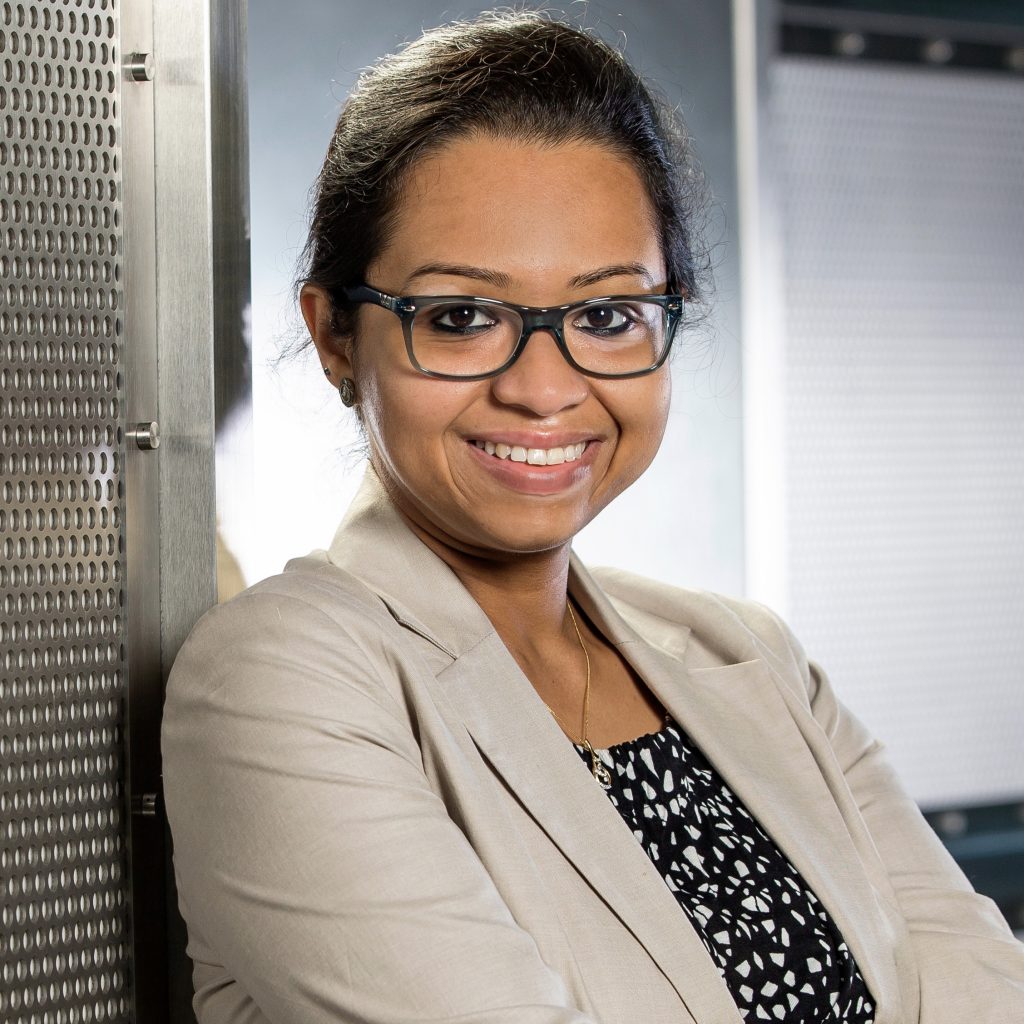
Dr. Munmun De Choudhury is currently an Assistant Professor in the School of Interactive Computing at Georgia Tech. Trained as a computer scientist, she is passionate about problems at the intersection of computer science and social science. She has built numerous computational methods and artifacts to make sense of human behavior and psychological state, as manifested via our online digital traces. Since 2013, supported by sustained industry, academic, non-profit, and clinical collaborations spread nationally and internationally (over 150 co-authors spanning 10 disciplines), she has led an innovative research agenda that has situated social media as a both a mechanism to understand our mental health, as well as to improve access to mental health care. Her work on this topic has been featured in the popular press, including the New York Times, the BBC, and the NPR. She leads the Social Dynamics and Wellbeing Lab (SocWeB Lab), whose research is graciously supported by funds from the National Institutes of Health (NIH), National Science Foundation (NSF), Intelligence Advanced Research Projects Activity (IARPA), Centers for Disease Control and Prevention (CDC), Everytown Gun Safety, the United Nations Foundation, Microsoft, Facebook, Mozilla, Yahoo!, and Samsung, totaling over $14 million. Learn more about her work at http://www.munmund.net/.
Filip De Fruyt

Dr. Filip De Fruyt is senior full professor of Differential Psychology and Personality Assessment at Ghent University in Belgium. He is specialized in assessing and building psychometric models on how individuals differ from each other and how that affects their functioning in daily life and work. He currently holds the Institute Ayrton Senna chair at Ghent University. He is the Past President of the European Association of Personality Psychology (EAPP) and (has)serve(d)s on the editorial board of a broad series of top-tier academic journals. He is a Fellow of the Society of Industrial and Organizational Psychology (SIOP). De Fruyt has (co-)authored over 200 research papers and chapters in a broad range of leading academic journals, and his work is frequently cited with over 17.000 citations in Google Scholar.
Nigel Guenole

Dr. Nigel Guenole is an academic at Goldsmiths, University of London. Dr Guenole’s work focuses on the measurement of work related maladaptive personality traits and improving the measurement precision of situational judgment tests of socioemotional skills like psychological flexibility. He has also worked with simulation methods to study the consequences of misspecified structural equation models for conclusions about validity. For many years Nigel worked at IBM, where his work focused on validating measurement approaches for applications of artificial intelligence in Human Resources. This work involved developing and evaluating chatbots used in candidate attraction, examining the reliability and validity of resume parsing algorithms in personnel selection, and deploying virtual agent career coaches for personal development.
James Keevy
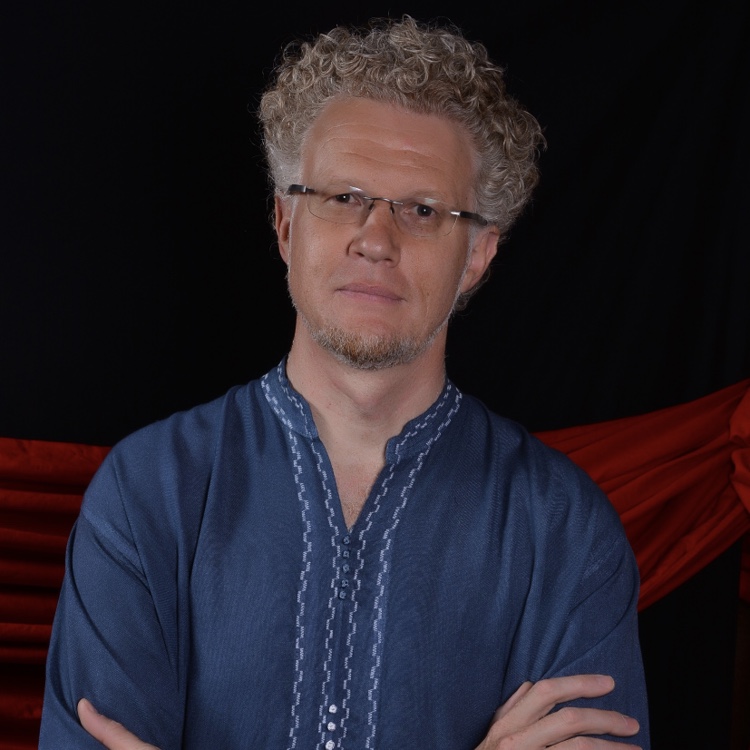
Dr. James Keevy is a policy researcher that works in the education and training sector. He has conducted and overseen various initiatives related to national, regional and international qualifications frameworks in Africa, and also, further afield. His research into qualifications, the recognition of learning, and the professionalisation and migration of teachers have been widely published and presented. James is the Chief Executive Officer at JET Education Services which is an independent public benefit organisation located in Johannesburg, South Africa, that was founded in 1992. His responsibilities at JET include working with government, the private sector, international development agencies and education institutions to improve the quality of education, and the relationship between education, skills development and the world of work.
Richard Landers

Dr. Richard Landers is an Associate Professor of Psychology at the University of Minnesota and holds the John P. Campbell Distinguished Professorship of Industrial-Organizational Psychology. His research concerns the use of innovative technologies in psychometric assessment, employee selection, adult learning, and research methods, and his recent focus has been on game-based assessment, gamification, artificial intelligence, unproctored Internet-based testing, mobile devices, virtual reality, and online social media. His work has been published in Journal of Applied Psychology, Computers in Human Behavior, and Psychological Methods, among numerous others, and his work has been featured in popular outlets such as Forbes, Business Insider, and Popular Science. In addition to his associate editorships at various journals, he is also author of a statistics textbook and has developed two edited volumes, including the 2019 Cambridge Handbook of Technology and Employee Behavior. He is also a Fellow of the Society for Industrial and Organizational Psychology.
Sandra Matz

Dr. Sandra Matz is the Daniel W. Zalaznick Associate Professor of Business at Columbia Business School in New York. Dr. Matz combines methodologies from psychology and computer science – including machine learning, experimental designs, online surveys, and field studies – to explore the relationships between people’s psychological characteristics (e.g. their personality, or mental health) and the digital footprints they leave with every step they take in the digital environment (e.g. their Facebook Likes or their credit card transactions). Her work has focused on psychologically-tailored interventions that can use predictions of psychological traits from digital footprints to improve the effectiveness of all-size-fits-all interventions.
Sandrine Müller
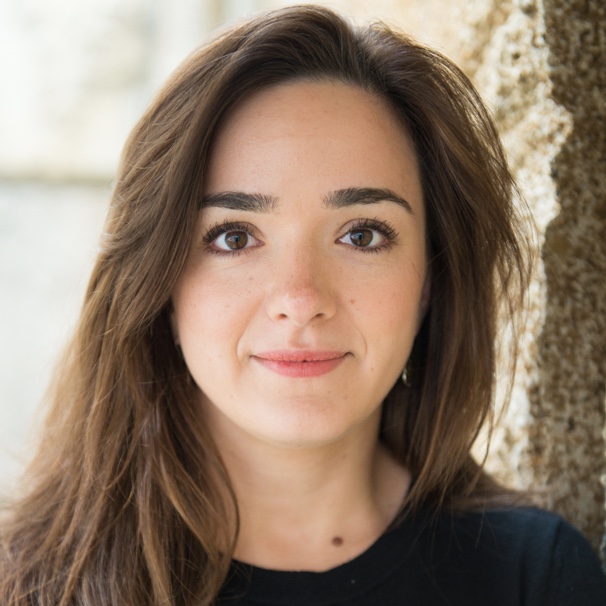
Dr. Sandrine Müller is a computational social scientist who uses smartphone sensor data to study human behavior. In particular, she examines how mobility patterns (e.g., the places people visit, their daily routines, distance traveled, etc.) can inform our understanding of personality and mental health. Her research aims to provide a deeper theoretical understanding of these psychological phenomena, while fostering the development of personalized interventions to promote well-being. She is currently a postdoctoral research fellow in the Data Science Institute at Columbia University, and holds undergraduate degrees in Business Administration and Psychology from the Hamburg School of Business Administration and Dresden University of Technology, as well as a Masters and PhD in Psychology from the University of Cambridge. Sandrine worked with companies such as Beiersdorf and The Walt Disney Company, and also spent a year as a Visiting Researcher at Stanford University.
Liberty Munson
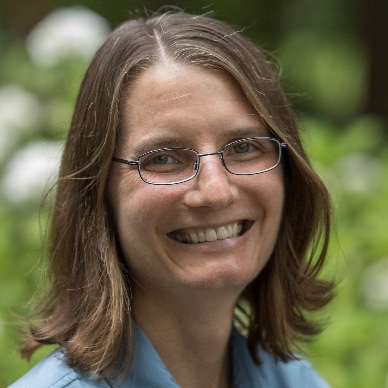
Dr. Liberty Munson is the Senior Psychometrician for Microsoft’s Worldwide Learning organization. She is responsible for ensuring the validity and reliability of Microsoft technical certification program. She is considered a thought leader in the certification industry, especially in areas related to how technology can fundamentally change our approach to assessment design, development, delivery, and sustainment, and has proposed many innovative ideas related to the future of certification. Prior to Microsoft, she worked at Boeing in their Employee Selection Group, assisted with the development of their internal certification exams, and acted as a co-project manager of Boeing’s Employee Survey. She received my BS in Psychology from Iowa State University and MA and PhD in Industrial/Organizational Psychology with minors in Quantitative Psychology and Human Resource Management from the University of Illinois at Urbana-Champaign.
Fred Oswald

Dr. Fred Oswald is Professor in the Department of Psychological Sciences at Rice University. His research, 100+ publications, and grants address how measures within talent management and college admissions contexts are developed, evaluated, implemented, and used. Currently, he is Associate Editor at Journal of Applied Psychology and Advances in Methods and Practices in Psychological Science), and on 10 editorial boards; he is also Chair of the Board on Human-Systems Integration (BOHSI) at the National Academy of Sciences; and former President of Society for Industrial and Organizational Psychology (SIOP, 2017-18). He is a Fellow of the American Psychological Association (Divs. 5, 8, 14) and the Association for Psychological Science. Learn more about his graduate students and the Organizational Workforce Lab (OWL) at https://workforce.rice.edu.
Chelsea Song

Dr. Chelsea Song is an Assistant Professor in Industrial-Organizational Psychology at Purdue University. She received her Ph.D. in Industrial-Organizational Psychology and a Master’s degree in Statistics from the University of Illinois at Urbana-Champaign. Dr. Song’s research focuses on recruitment and selection and uses machine learning and multi-objective optimization to enhance the measurement and validity of hiring. Her work seeks to enhance diversity in hiring outcomes and reduce adverse impact and examine how individual differences and person-occupation fit (e.g., vocational interest fit, gender fit) influence work outcomes. Dr. Song’s research has been published in journals including the Journal of Applied Psychology, Personnel Psychology, and Journal of Personality and Social Psychology. She currently serves in the editorial board of the Journal of Applied Psychology. Learn more about her work at http://www.qchelseasong.com/.
Stephen Stark

Dr. Stephen Stark is Professor and Chair of Psychology at the University of South Florida. Dr. Stark’s research focuses on item response theory (IRT) methods, particularly ideal point models, forced choice response formats, computerized adaptive testing (CAT), differential item functioning (DIF) detection, and aberrant response detection. Collectively, his research has examined how IRT technology can be used to improve the accuracy and efficiency of testing in workplace and educational contexts. He has worked with university faculty and practitioners to develop and improve tests measuring constructs, such as job performance, personality, and cognitive ability. He is Editor-in-Chief at International Journal of Testing, and serves on editorial boards for several journals including Applied Psychological Measurement, European Journal of Psychological Assessment, International Journal of Selection and Assessment, Journal of Educational Measurement, and Personnel Assessment and Decisions. He is a Fellow of the American Psychological Association (Divs. 5, 14) and a Council Member of International Test Commission.
Cicek Svensson

Cicek Svensson is an Industrial/Organizational Psychologist and has over ten years of experience within the assessment industry. She is the Senior Vice President at AERE and is based in San Diego, CA. Prior to moving to the United States, Cicek worked for the largest test publisher company in Sweden where she developed psychological assessments for the international market as well as implemented foreign tests into the Nordic market. Cicek has rich experience with the quality control of assessments related to translation, localization and adaptation. Her experience also covers HR-consulting, change management, succession planning, brand development and strategic sales. Her experience with international business development covers Europe, United States and the Baltic region. She speaks several languages fluently and has lived and worked in Sweden, Turkey and the U.S.
Bart Wille

Dr. Bart Wille is an Assistant Professor of Industrial-Organizational Psychology and HRM at Ghent University. His research concerns the assessment and predictive validity of noncognitive individual differences (e.g., personality traits and professional interests) in work and career contexts, with a recent focus on the dynamic properties of these characteristics. Dr. Wille’s work has been published in a wide range of journals including the Journal of Applied Psychology, Personnel Psychology, Organizational Research Methods, and Journal of Personality and Social Psychology. He serves on the editorial boards for several journals including the Journal of Applied Psychology, Journal of Vocational Behavior, Journal of Counseling Psychology, International Journal of Testing and International Journal of Selection and Assessment. Learn more about his work at http://www.bartwille.org/.
Heng Xu
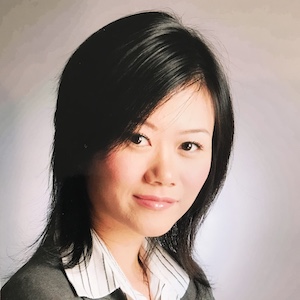
Dr. Heng Xu is a Professor of Information Technology and Analytics in the Kogod School of Business at the American University, where she also serves as the Director of the Kogod Cybersecurity Governance Center. Before joining Kogod in 2018, she had a mix of academic and government background, serving as a faculty member at Penn State for 12 years, as well as being a program director at the National Science Foundation (NSF) for 3 years. Her research focuses on information privacy, data analytics, data ethics, and cybersecurity management. Her work has received many awards, including the NSF’s CAREER award in 2010, and many best paper awards and nominations at various leading conferences. She has also served on a broad spectrum of national leadership committees including co-chairing the Federal Privacy R&D Inter-agency Working Group in 2016, and serving on the National Academies Committee on Open Science in 2017-2018.
